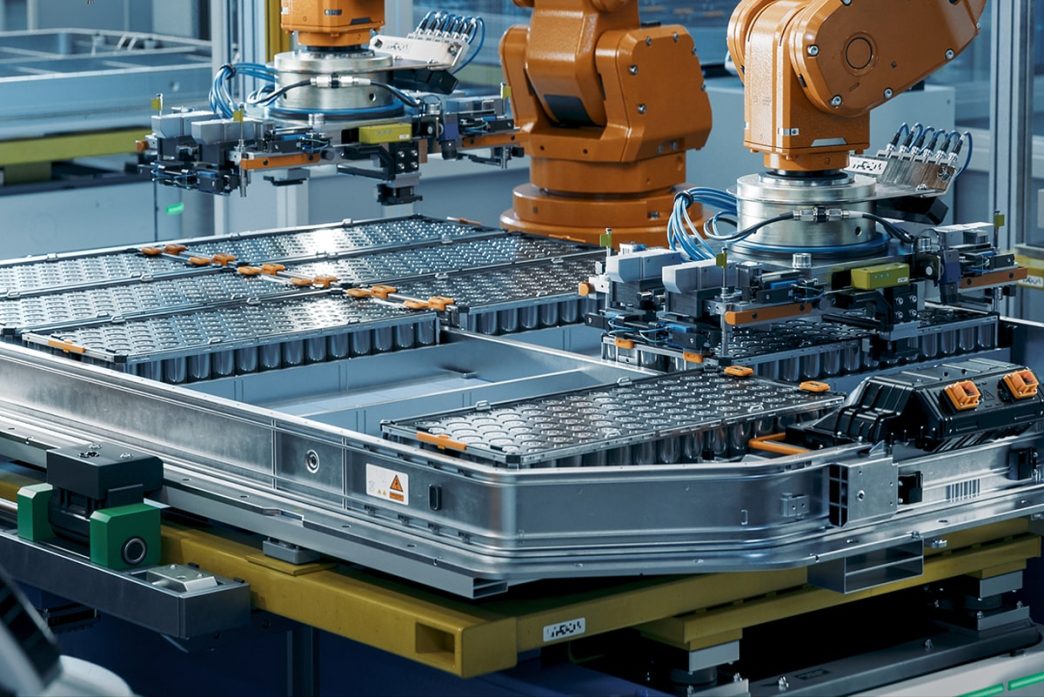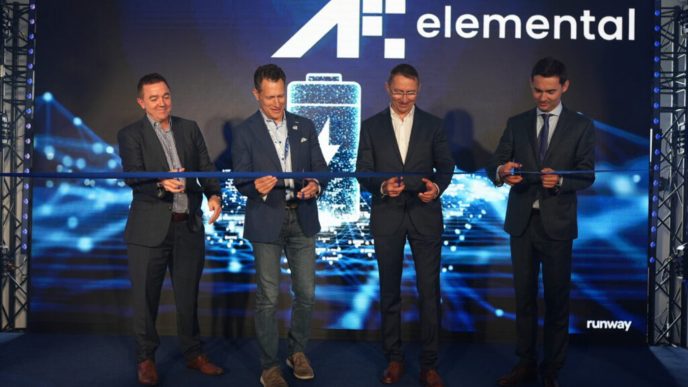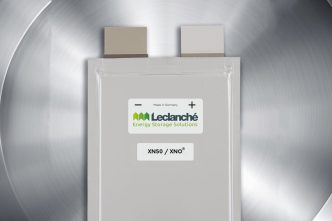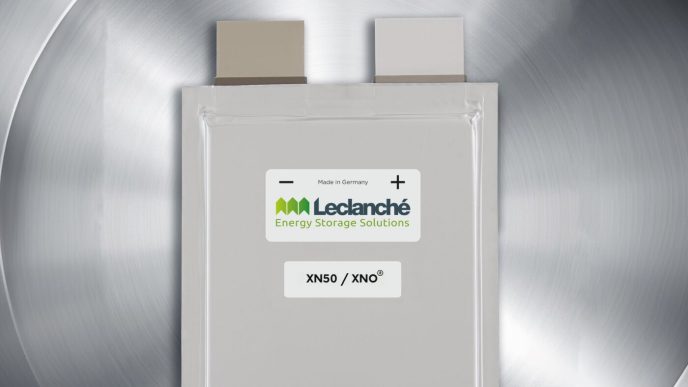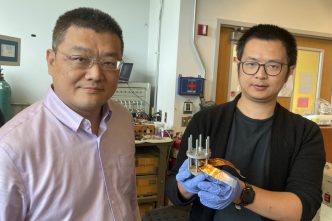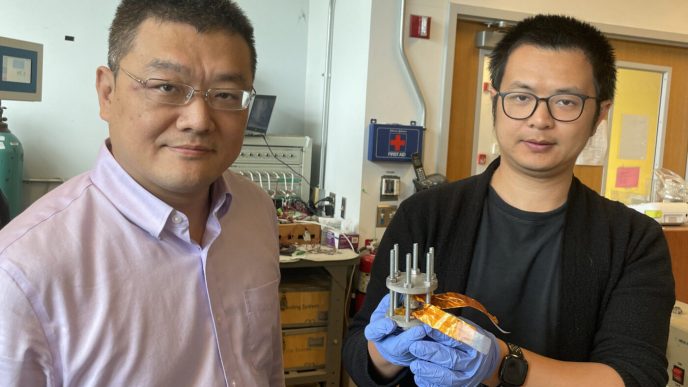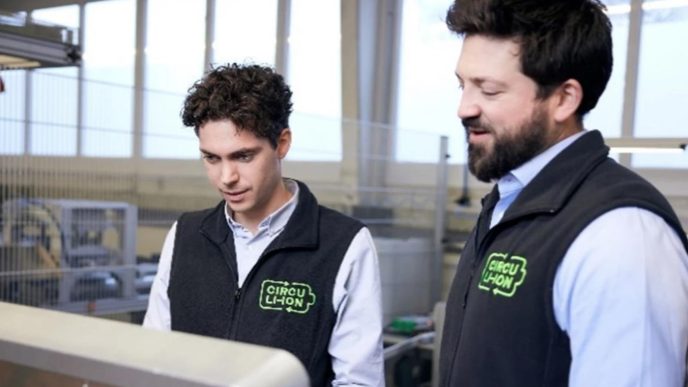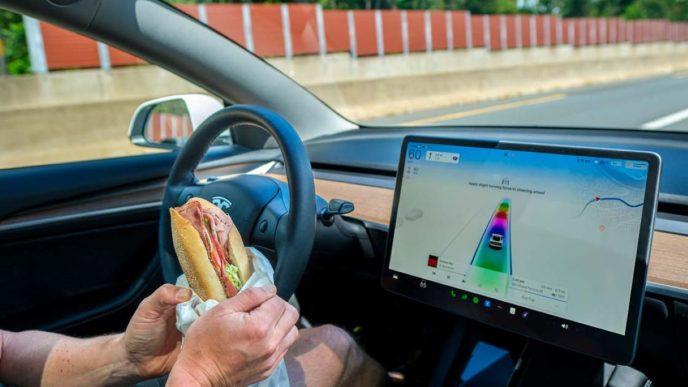Researchers in the United States have developed a method to extend the service life of lithium-ion batteries by 50%, without altering the cell chemistry. Led by William Chueh from Stanford University, the team achieved this breakthrough by modifying the production process rather than the internal structure of the batteries, according to a report in New Scientist.
“The cool thing is that we didn’t change any chemistry of the battery,” Chueh said. “We just changed that last step in manufacturing to form the battery a little differently.” The innovation involves initially charging the battery with a high current, a step that can be implemented before delivery, allowing manufacturers to adopt the process without significant adjustments.
The team used AI and machine learning to analyze the factors impacting battery performance during the first charge, identifying charging current as a key element.
Traditionally, new batteries are charged over several hours at a low voltage, but the researchers found that charging them at high voltage during the initial charge deactivates more lithium ions, which creates additional space in the positive electrode. This, in turn, increases charging and discharging efficiency and helps slow battery wear.
The new method could extend the lifespan of rechargeable batteries by 50%, allowing an electric vehicle battery to increase from 1,500 to over 2,000 charging cycles, significantly improving the durability of EV batteries and stationary power storage systems.


